It is necessary to apply special mechanisms in changing forest use purposes.
Speaking at the discussion session, delegate Ha Sy Huan (Bac Kan National Assembly delegation) expressed his agreement with the necessity of issuing a Resolution to pilot a number of specific mechanisms and policies on investment in the construction of road traffic works, in order to remove obstacles in the process of organization and implementation.
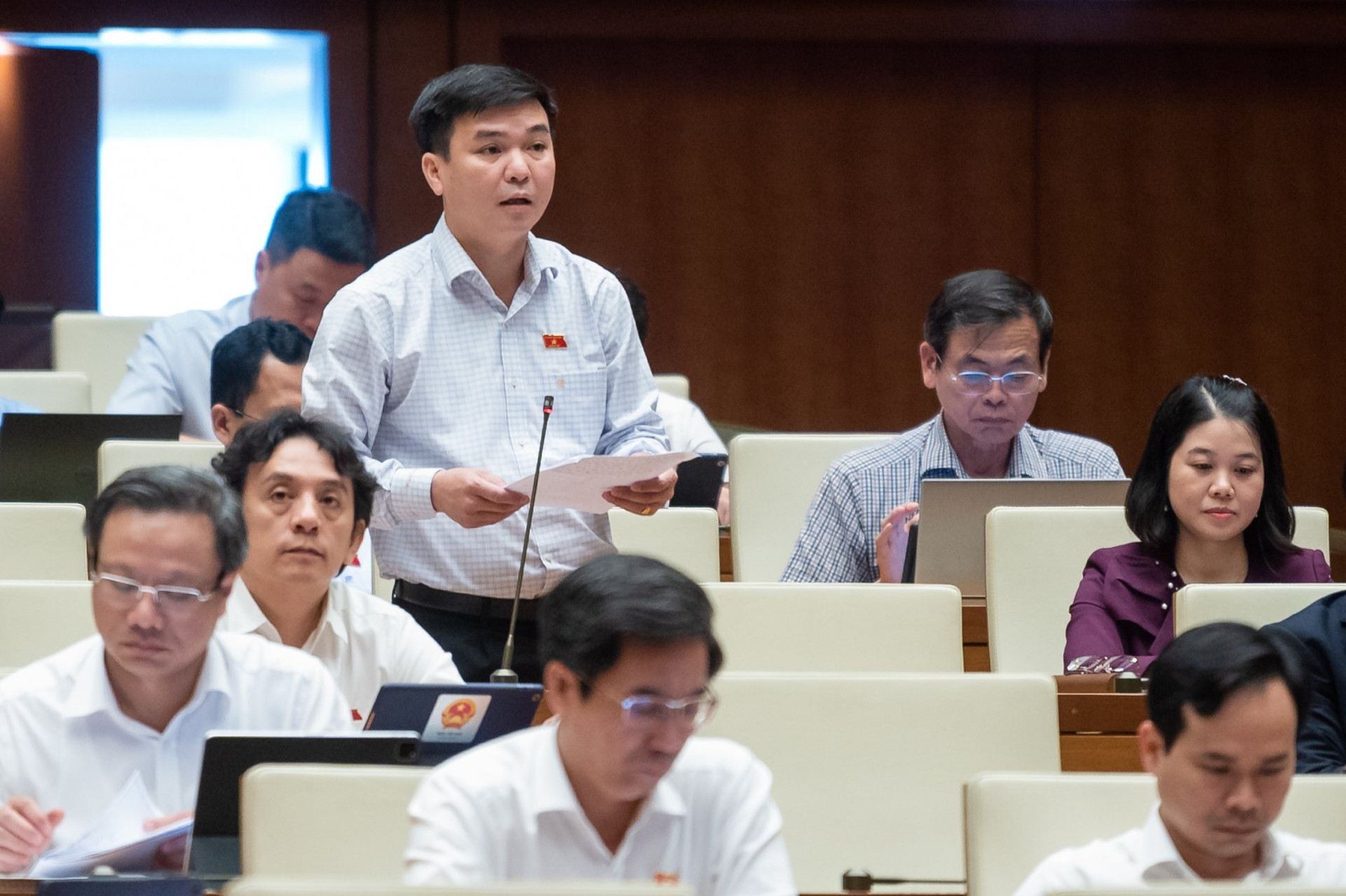
Regarding the specific mechanism for using the increased budget revenue in 2022, delegates agreed with the design of the contents of applying the specific mechanism including four items as in the draft and agreed with the need for a list attached to the resolution, to be consistent with the pilot principle stated in Clause 3, Article 3, which is to have a clear and specific location and implementation time.
For projects that do not meet the requirements, delegates suggested continuing to complete investment procedures to submit to the National Assembly or to the National Assembly Standing Committee if authorized by the National Assembly for consideration and decision during the effective period of the resolution. “This provision is very flexible and consistent with the current viewpoint of having to adapt flexibly to create conditions for localities to reduce administrative procedures and reduce informal costs,” said the delegate.
Regarding the conversion of forest use purposes, although this content was not included in the special mechanism presented by the Government at the meeting, delegates said that in most localities implementing public investment projects related to forest land, conversion of forest use purposes is a major obstacle affecting the progress of project implementation, especially in areas with natural forests. Deputy Prime Minister Tran Luu Quang noted this content at the Question and Answer session on the morning of November 7.
The delegate said that changing the purpose of forest use for traffic works in a locality requires a lot of administrative procedures, therefore, the delegate suggested that while the Land Law is amending a number of articles of the Forestry Law that have not been passed by the National Assembly, if possible, the National Assembly should supplement this content at this session, decentralizing the change of forest use purpose to localities and applying a special mechanism, so that the progress of implementation of all public investment projects that have been and are being implemented can be carried out more smoothly and effectively.
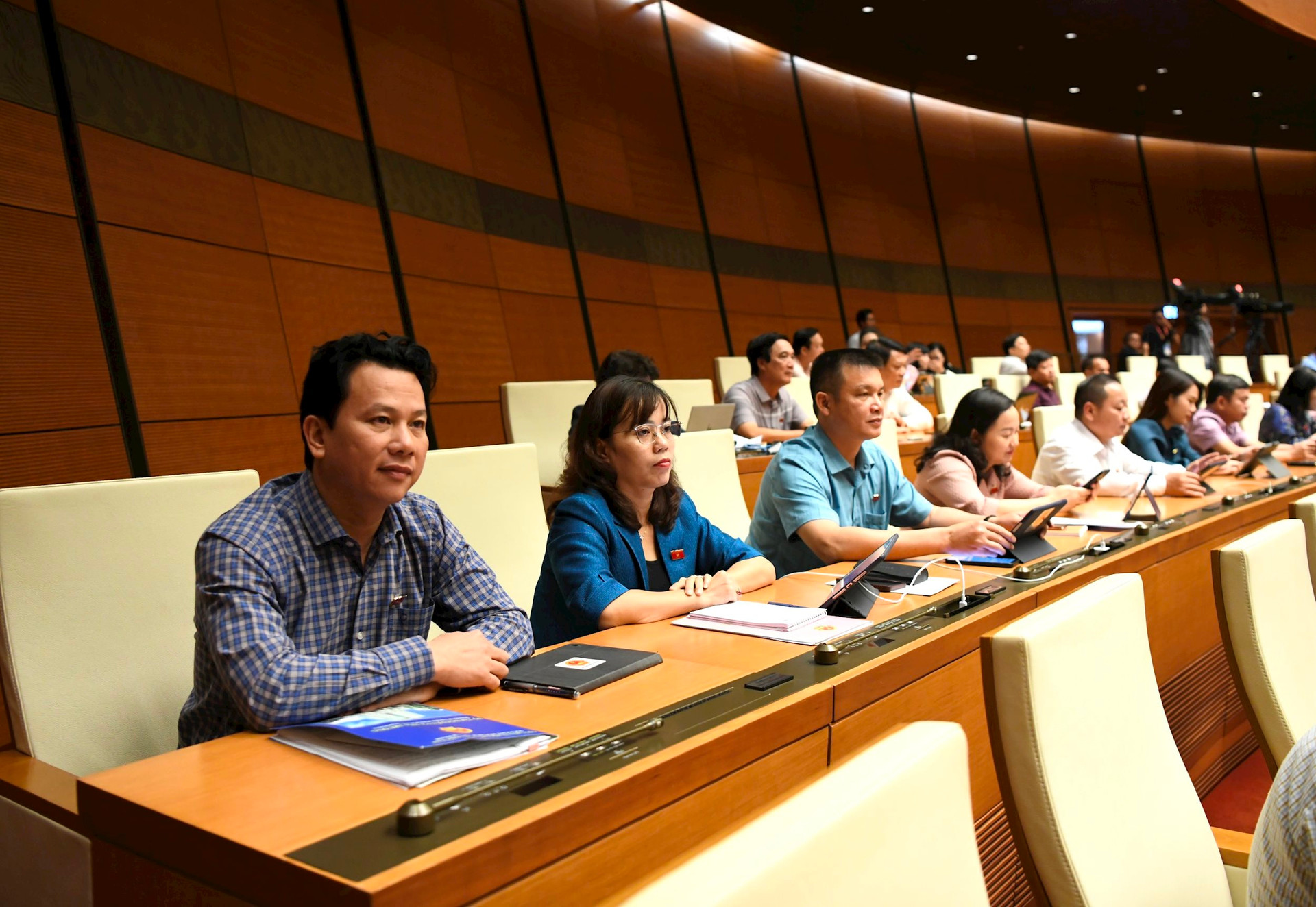
The investor should be assigned to assess the environmental impact of the project.
Delegate Vu Tien Loc (Hanoi National Assembly Delegation) said that the issuance of a special resolution in the current context is a very important legislative initiative. Because while waiting for comprehensive and synchronous reform of the entire system, special and specific measures will help resolve difficulties and obstacles and are also an important experimental step to gain practice to be able to create a breakthrough in the legal system in the coming time.
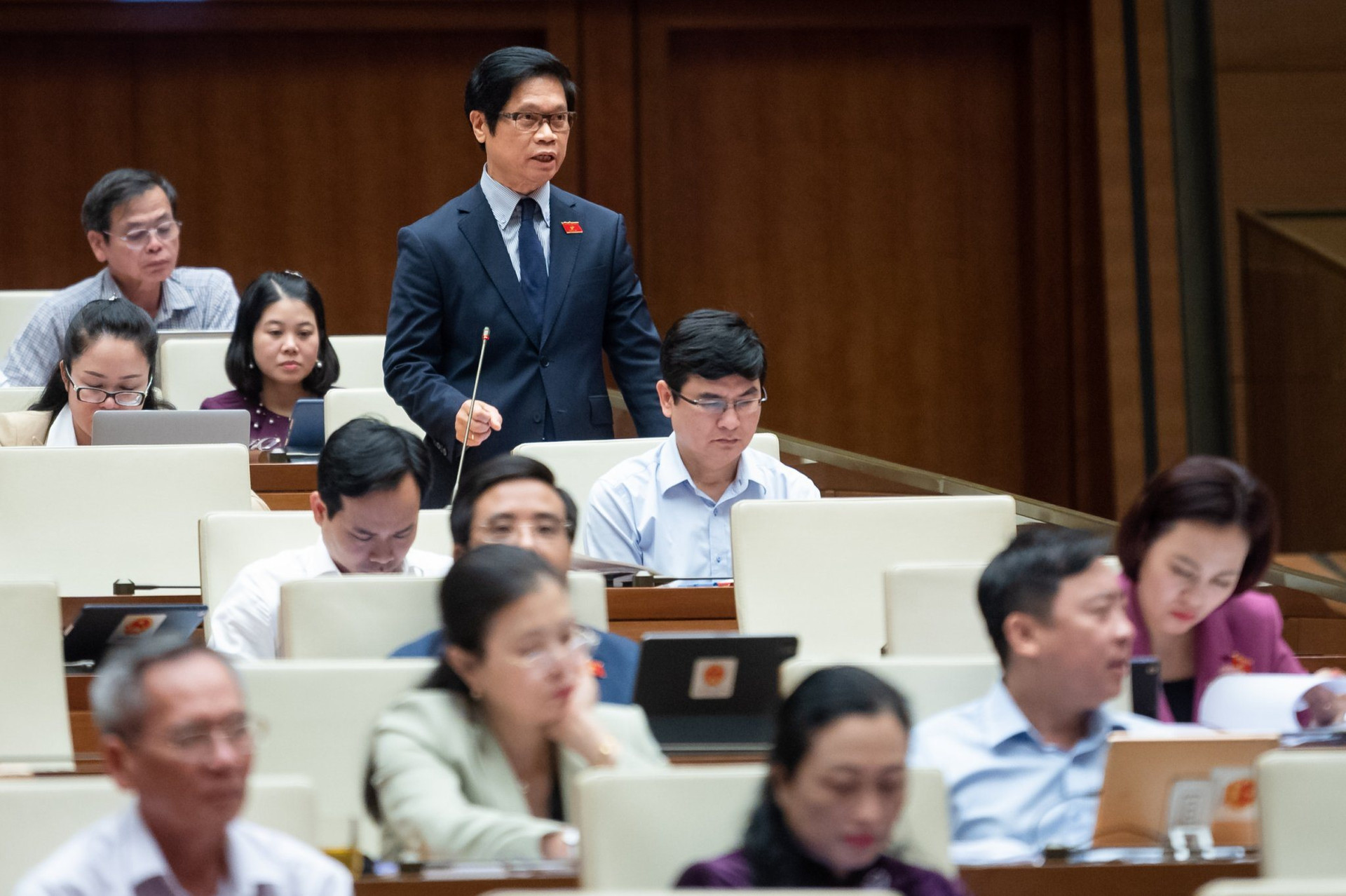
Delegate Vu Tien Loc said that a list of projects should not be issued, nor should the National Assembly Standing Committee or the Economic Committee be burdened with the task of surveying, evaluating and committing to the National Assembly that these projects meet all conditions. The delegate suggested that the National Assembly only issue criteria and conditions for projects that are subject to the mechanism. At that time, any project that meets all conditions will be subject to special and specific regulations. The Government is responsible for recognizing the list of projects. The delegate also said that it is necessary to increase decentralization and delegation of power to the Government and localities.
Delegate Vu Tien Loc also suggested that the environmental impact assessment of the project should be assigned to the investor, not the contractor; at the same time, site clearance for the mines is also very important.
Delegate Nguyen Van Canh (Binh Dinh National Assembly delegation) expressed his agreement with the special policy in mining and minerals for construction materials in Article 7. Delegate Nguyen Van Canh said that in order for the project to be implemented quickly and effectively, projects related to accelerating progress as well as contributing to the effectiveness of the project also need to enjoy this special mechanism.
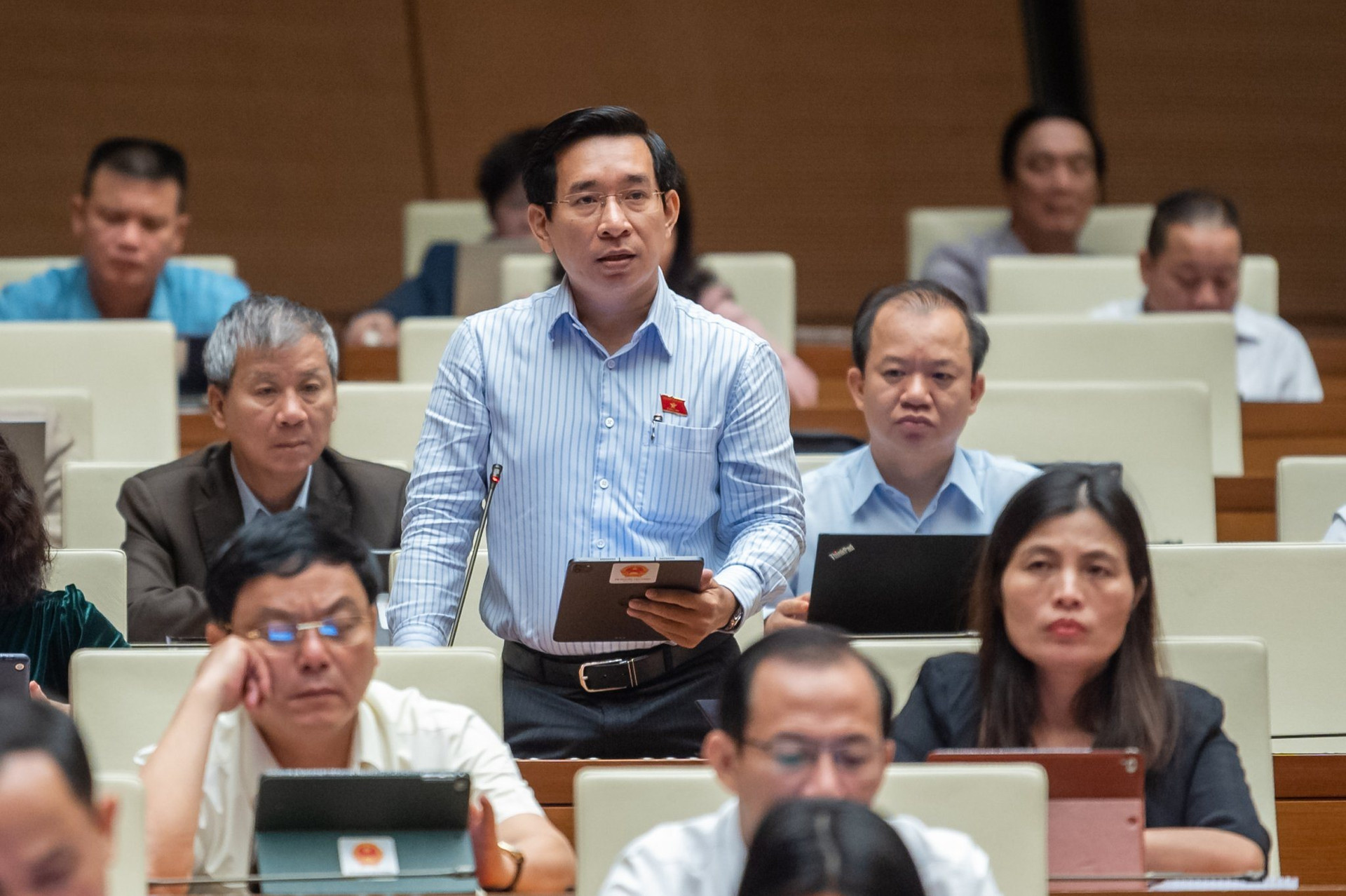
Delegate Nguyen Van Canh gave an example of wanting to speed up the process, resettlement projects must also be implemented quickly, so they need to enjoy the regime on minerals as common materials; or wanting to improve the efficiency of highways, rest stop projects must also enjoy special mechanisms. If this policy is applied, the delegate suggested in Article 1 on the scope of adjustment, adding related projects to help speed up the progress and improve the efficiency of road projects is also within the scope of adjustment.
Discussing further about the implementation of rest stops, at the question and answer session, the Minister of Transport said that the reason for the slow progress of the implementation of rest stops is that there is no socialization mechanism and that a rest stop of only 1 hectare is not enough. The delegate said that for socialization, arranging 1 hectare to build a rest stop is not enough, but if it is just a rest stop, 0.5 hectare is enough. The delegate said that in other countries there are three types of rest stops, so Vietnam also needs to refer to effective implementation, suggesting that the Minister pay attention to the distance between rest stops and have a plan to arrange the types of rest stops suitable to actual conditions.
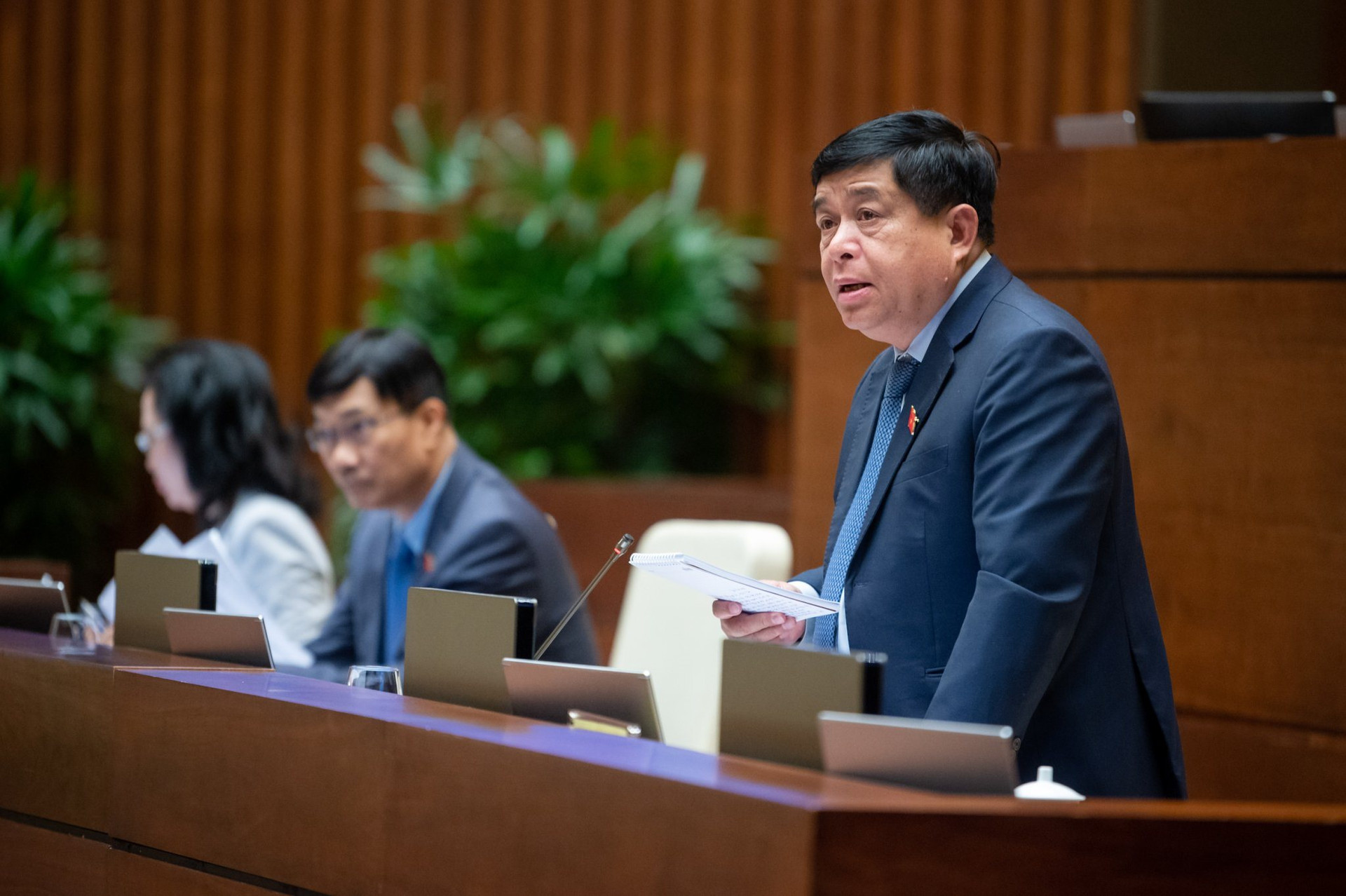
Explaining and clarifying a number of issues raised by National Assembly deputies, Minister of Planning and Investment Nguyen Chi Dung said that through discussions in the Group and Hall, it was shown that the deputies basically supported the Government's proposal with policies such as the draft Resolution, while also raising many issues that need to be reviewed and improved. The Minister said that he would seriously absorb the deputies' opinions to complete the draft.
According to the Minister, the ratio of State capital participating in PPP projects is a difficult and sensitive issue. Previously, there was no regulation on the ratio. Later, the PPP Law set the ratio at 50%. Although at that time, this ratio was clearly based, but now it is seen that this regulation is no longer suitable, such as projects passing through localities with low traffic volume and low transportation demand, so investors are not interested, or projects passing through urban areas have very high site clearance costs...
Therefore, it is necessary to increase the State capital ratio with the requirement of ensuring the harmony of interests of the State, investors and people and ensuring feasibility. Because if the ratio is low, it will not attract investors, but if it is too high, the meaning of the PPP project will no longer be there.
The Minister of Planning and Investment stated that raising the State capital ratio is a matter that needs to be calculated and considered. Calculations show that the level of 70-75% is reasonable, however, some projects may be higher, but each specific project, depending on the State's capital balancing ability, will decide the State capital participation ratio. The Minister said that he will take into account the opinions of National Assembly deputies to review and study amendments to the PPP Law in the coming time.
Regarding principles and criteria, Minister of Planning and Investment Nguyen Chi Dung agreed that there should be regulations on principles and criteria to have a basis for implementation. Accepting the opinions of National Assembly deputies, the Minister said that it would be necessary to review to ensure that it reflects the specific and special characteristics that require this mechanism. "The Ministry will coordinate with the Economic Committee to review and at the same time report back to the Government to report to the National Assembly Standing Committee before submitting to the National Assembly in the spirit of carefully reviewing the principles and criteria," said the Minister.
The Minister of Planning and Investment also said that the projects presented this time are all projects that have been identified in the medium-term public investment, have prepared investment procedures, and have arranged capital sources but have encountered problems. Therefore, if the National Assembly approves specific mechanisms and policies, it will help speed up the progress.
At the same time, due to many localities' requests, the Government has designed "open regulations". Accordingly, some projects that have not yet completed procedures with the requirement from now until the National Assembly's approval must be completed; as well as in the process of further implementation, if some more projects arise, based on the criteria principles, if they meet the requirements, they will be submitted to the Government to submit to the National Assembly Standing Committee...
Source






















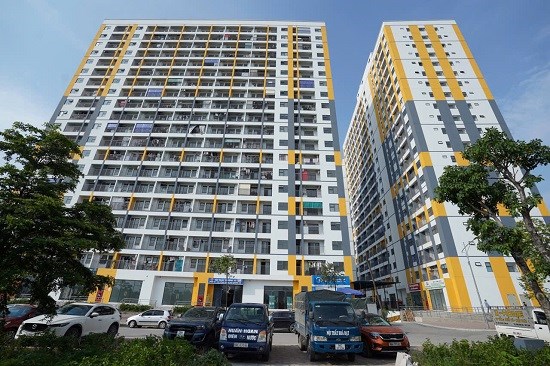


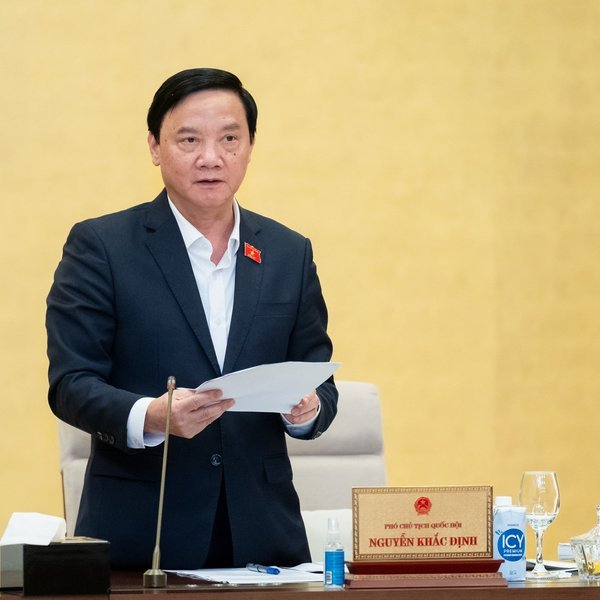

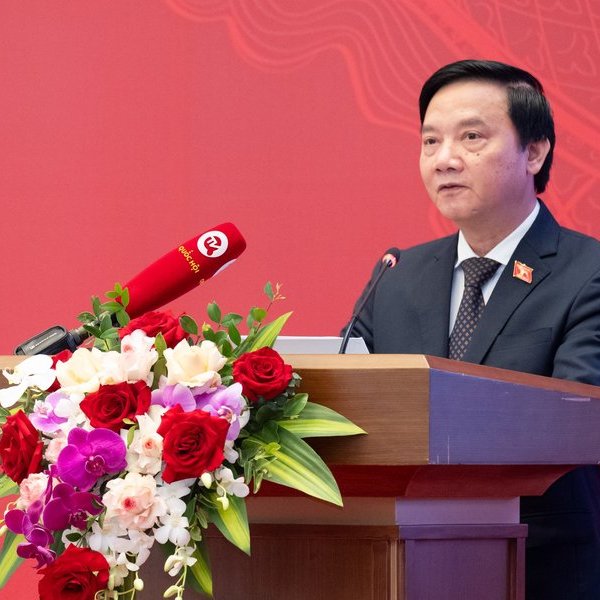

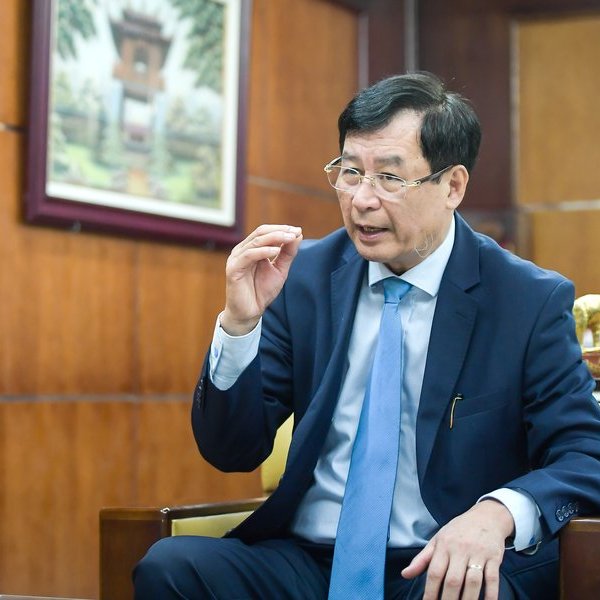
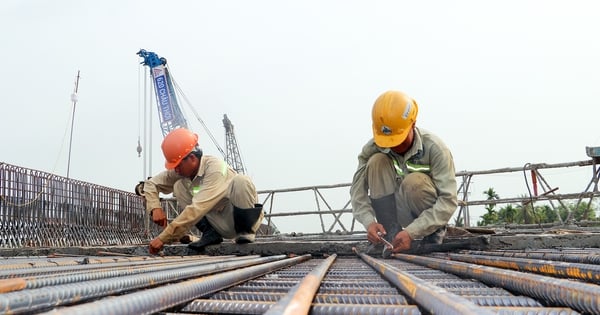





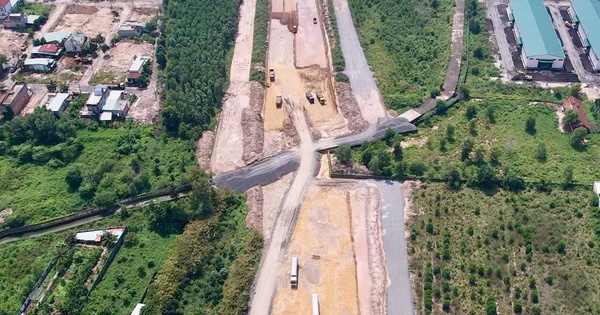
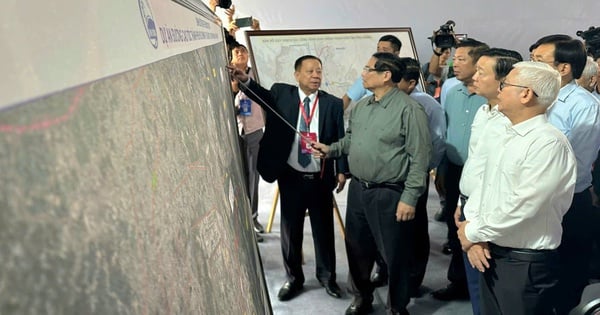



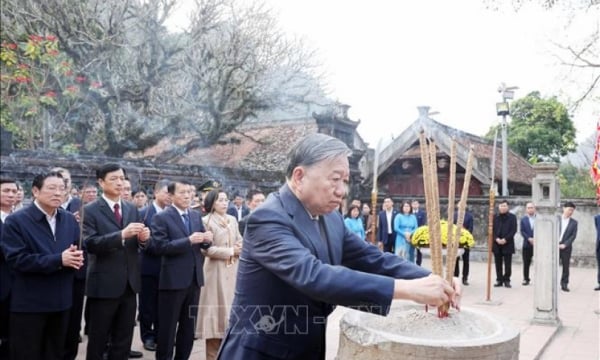
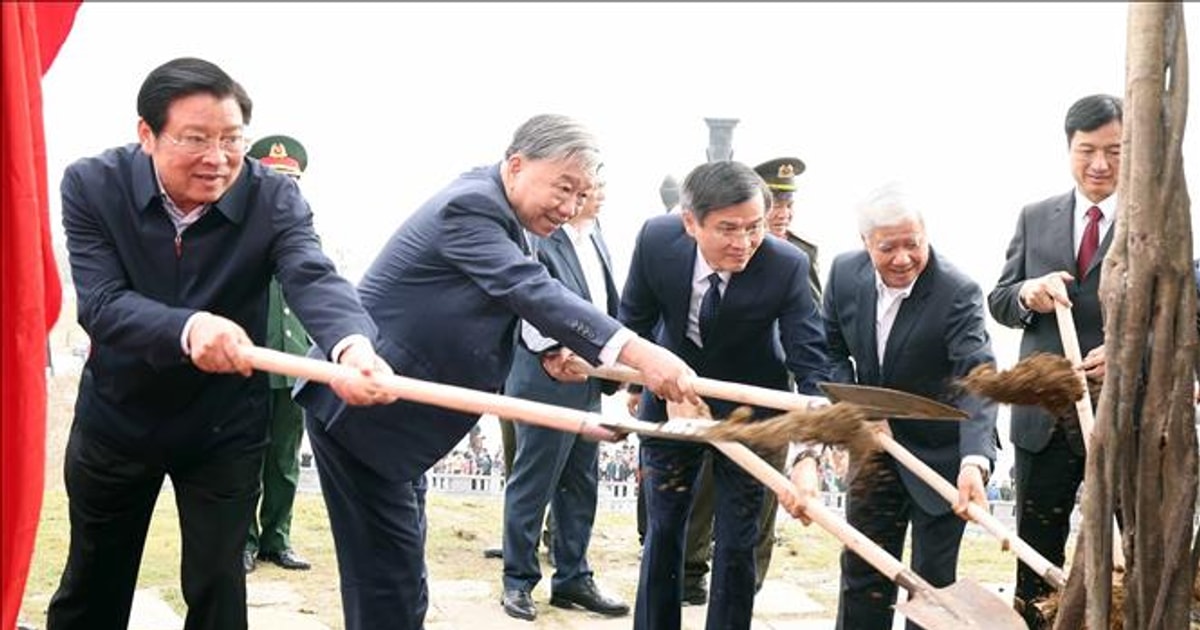
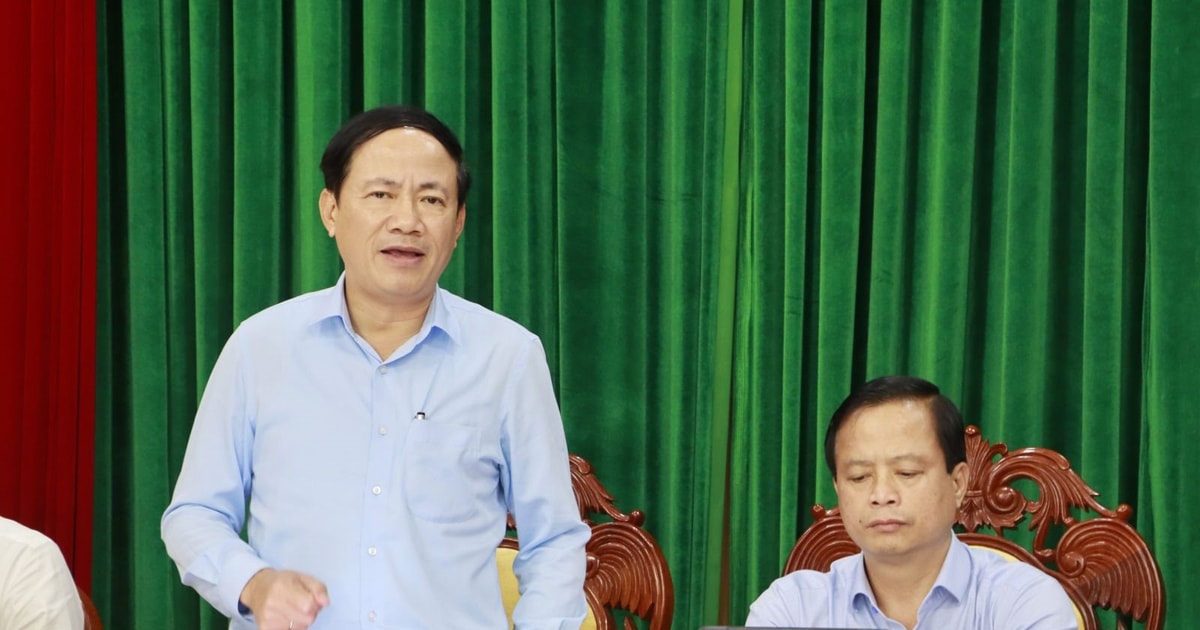
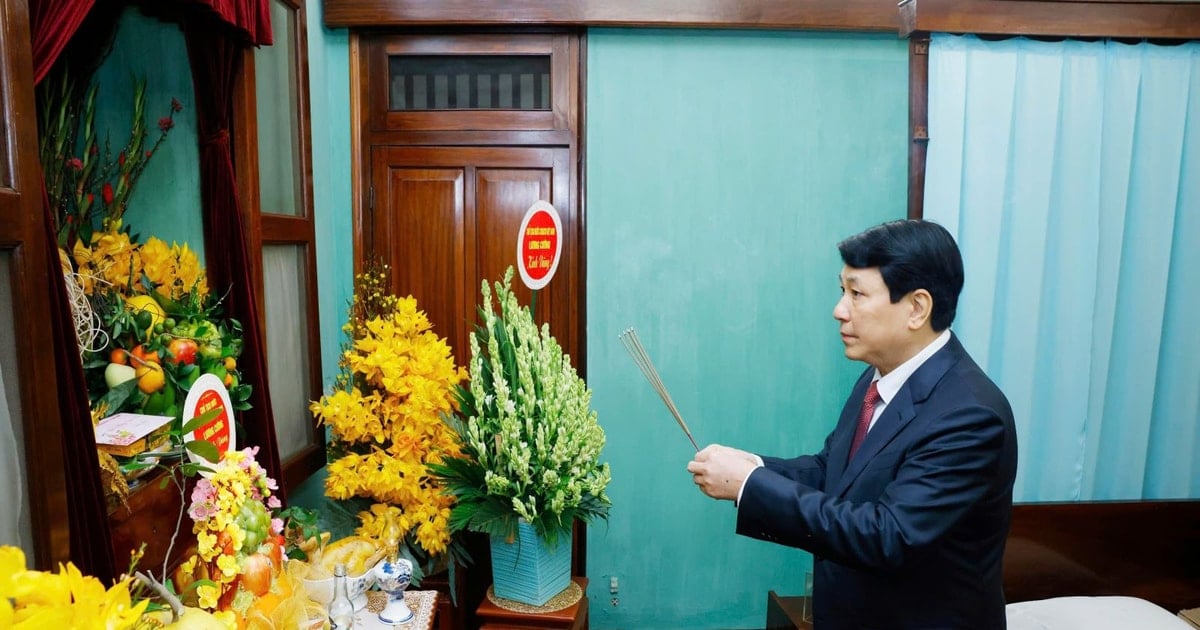
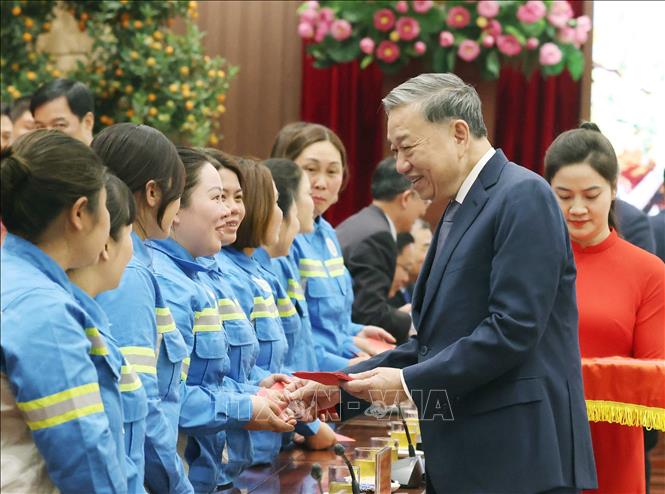





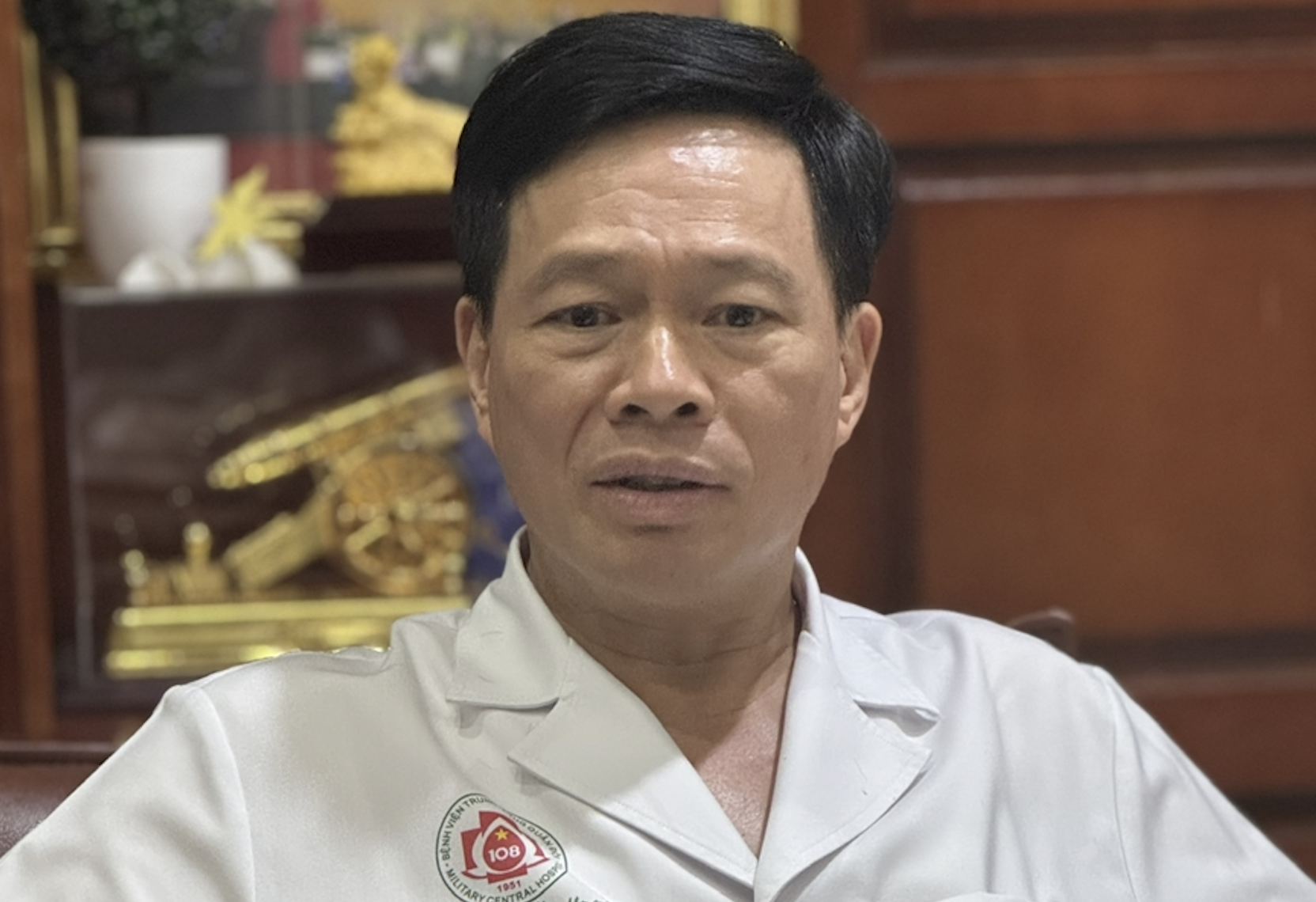









Comment (0)